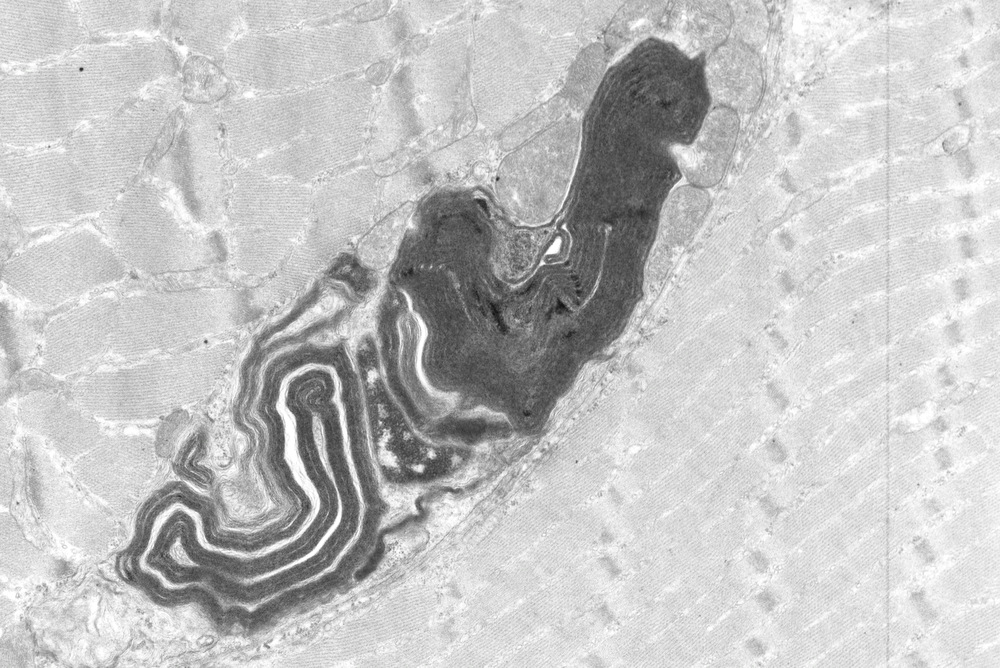GNE myopathy
GNE myopathy is an autosomal recessive muscle disease caused by mutations in the GNE gene which codes for a protein responsible for the enzymatic activity of UDP-N-acetylglucosamine 2-epimerase and N-acetylmannosamine kinase. Clinical symptoms usually start around the third decade of life with distal muscle weakness, foot drop and difficulty walking. The disease gradually progresses to affect other muscles of the arm and leg and affected individuals typically start using a wheelchair one or two decades later.
Read a review of clinical and research strategies in GNE here.
Our GNE-related preclinical research focuses on the elucidation of pathophysiological mechanisms leading to muscle fibre vulnerability utilizing patient-derived material including muscle biopsies as well as cultured cells. We also work on the identification and validation of biomarkers for GNE myopathy. In the clinical research area, Hanns has been principal investigator for several natural history and treatment studies in collaboration with the pharma company Ultragenyx Pharmaceutical Inc.

